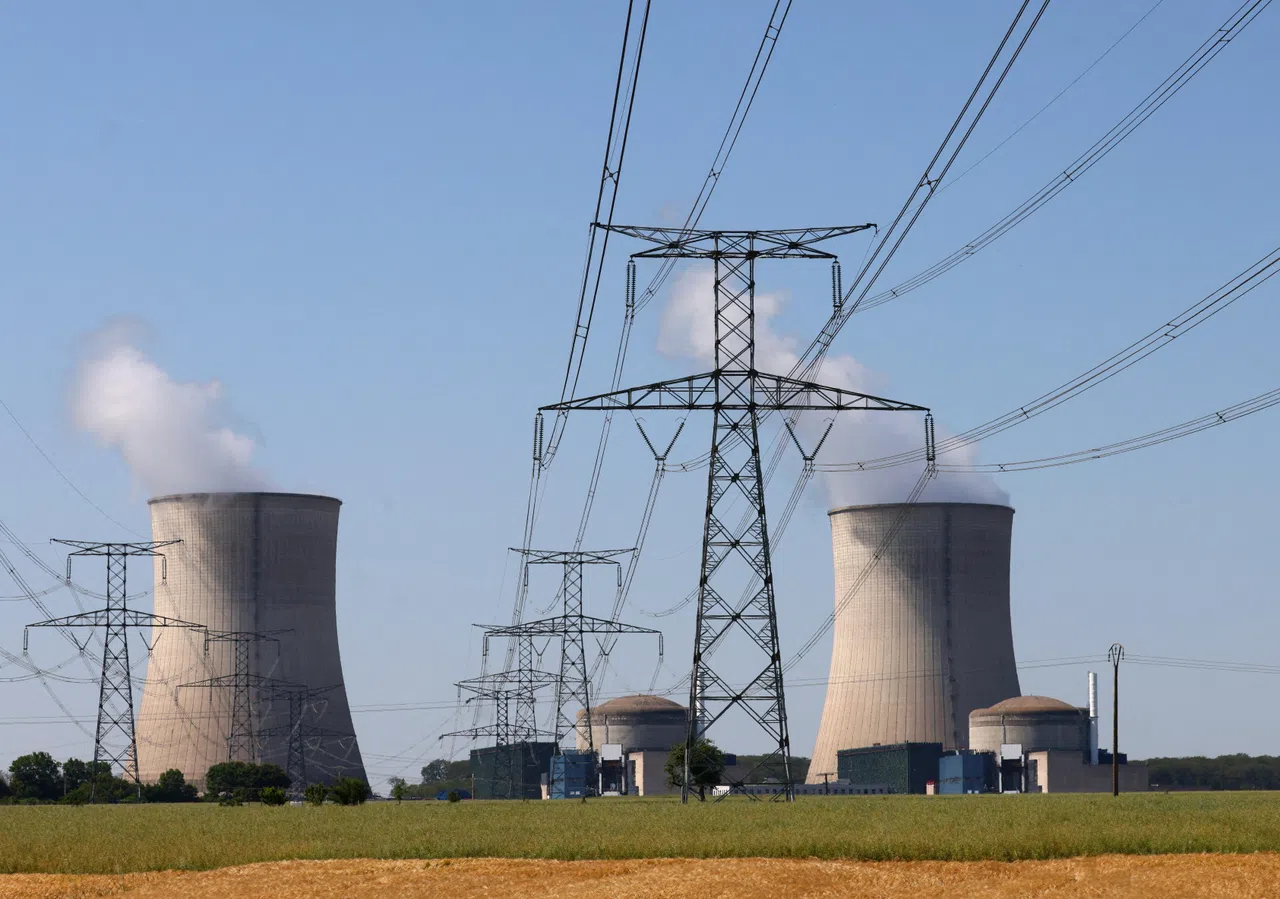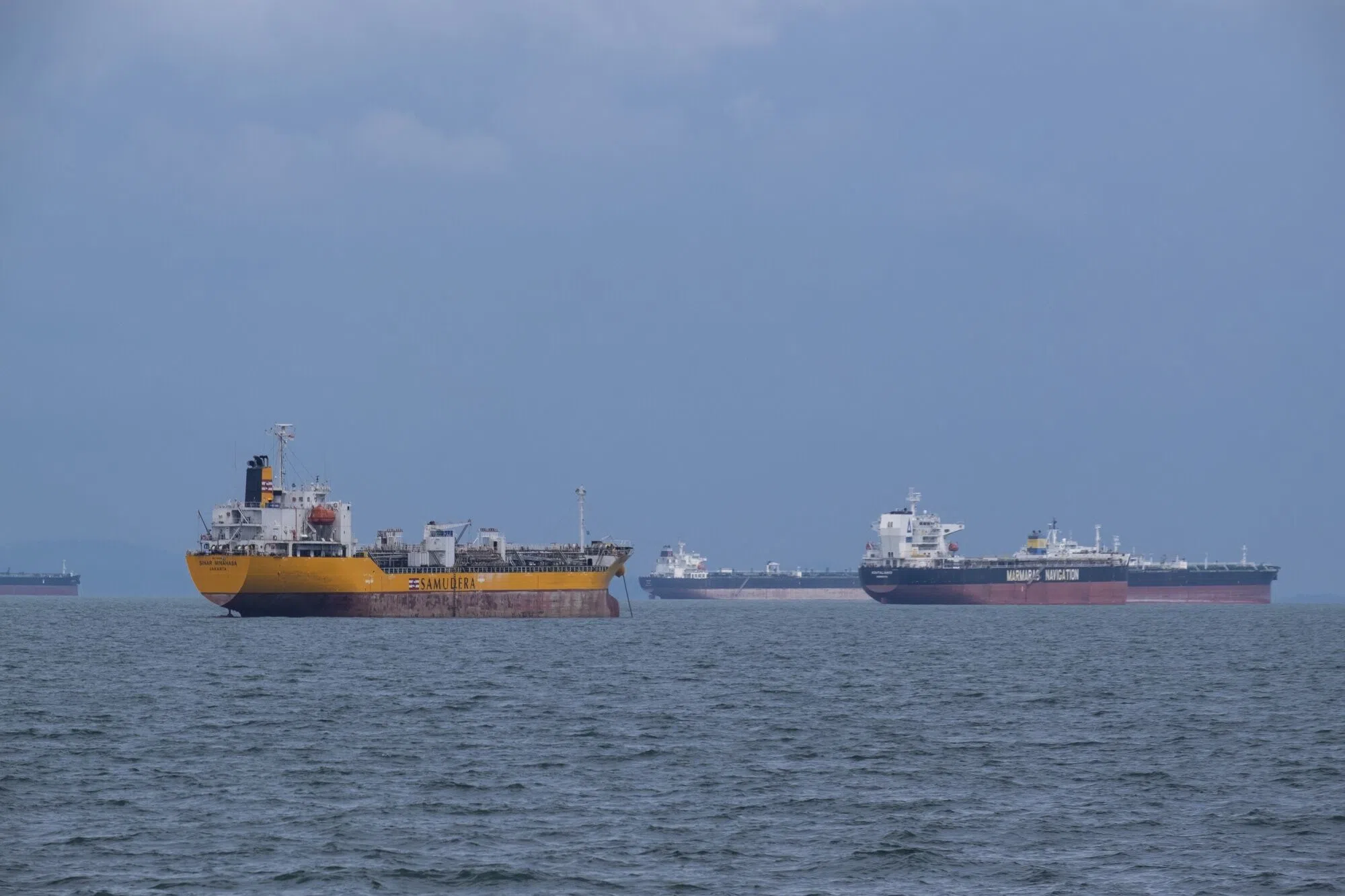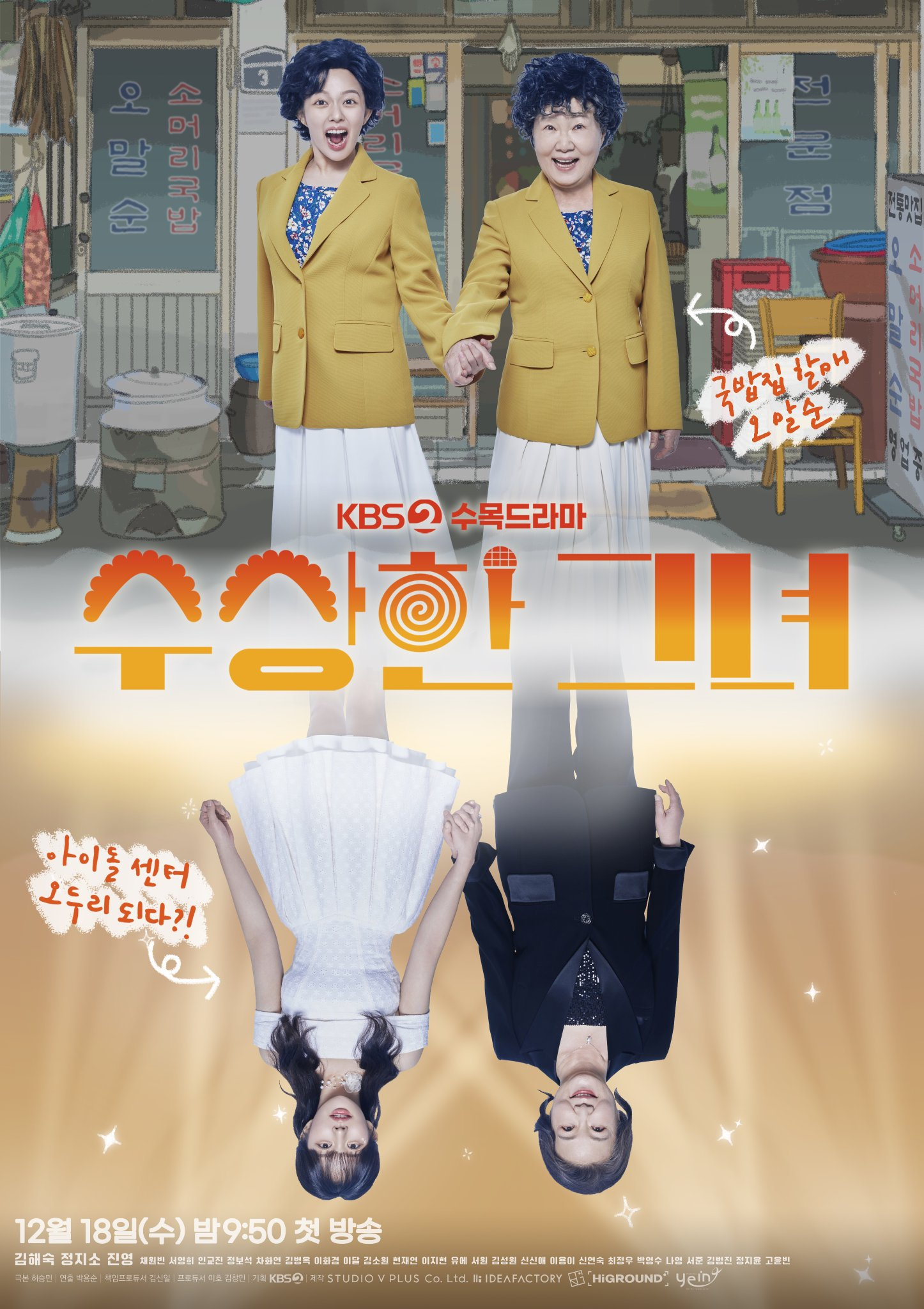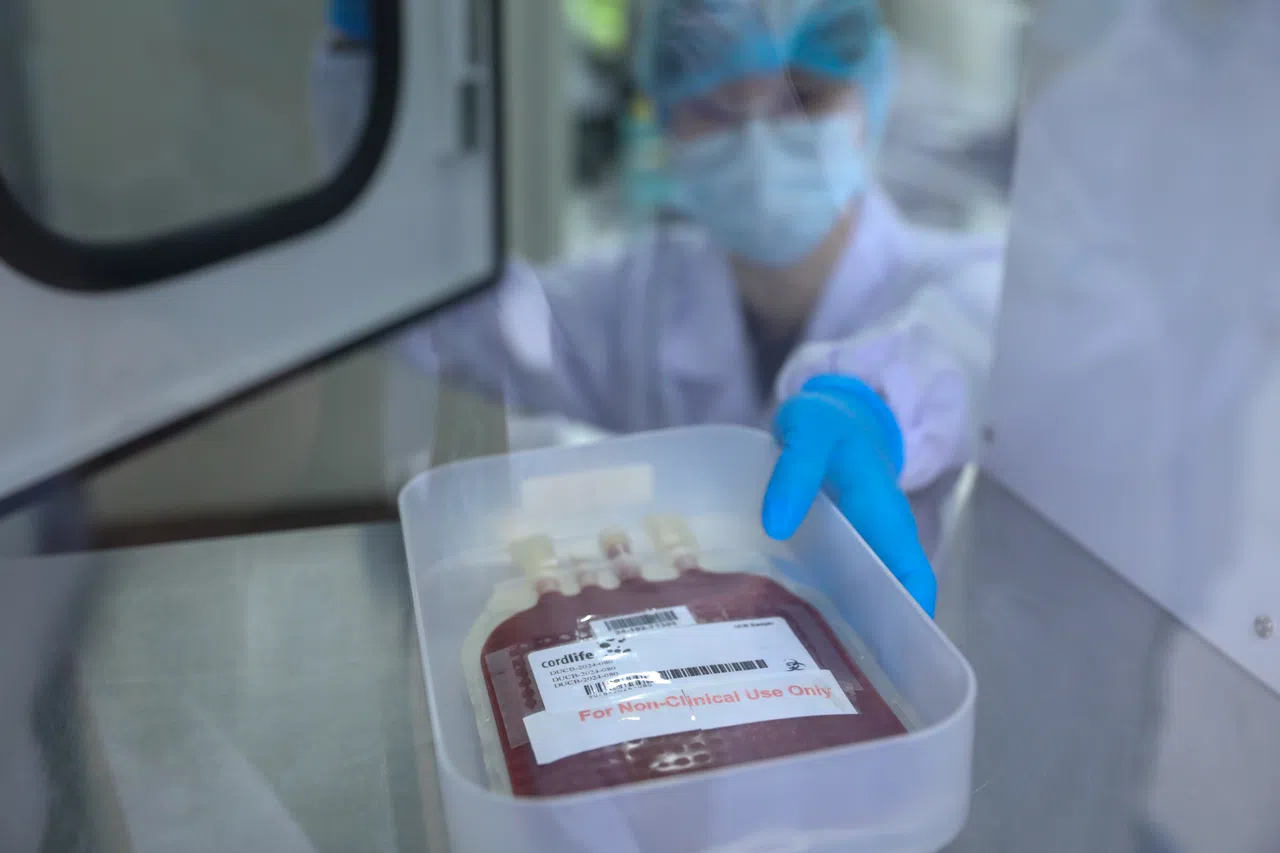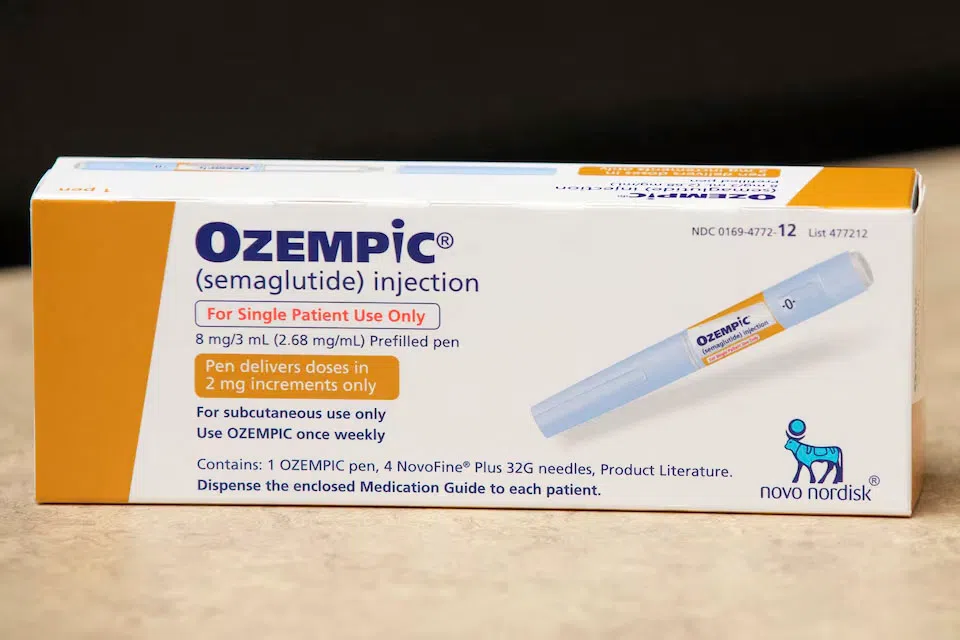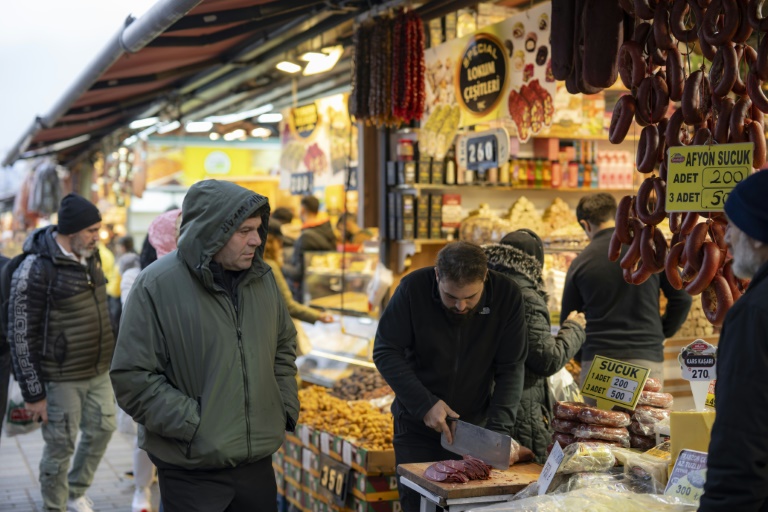SINGAPORE will continue to build a pool of at least 100 experts in nuclear energy in the medium to long term, although it has not yet made a decision on whether to introduce this form of energy into Singapore’s energy mix.
Second Minister for Trade and Industry Tan See Leng said in Parliament on Wednesday (Apr 3): “Any deployment decision will require detailed studies of the safety, reliability, affordability and environmental sustainability of nuclear energy in our local context.”
In his update on the matter, he noted that the Singapore Nuclear Research and Safety Initiative (SNRSI), set up in 2014, has already awarded 30 scholarships for postgraduate studies in areas related to nuclear science and engineering. It has also developed about 40 researchers specialising in radiobiology, radiochemistry and nuclear safety, working towards Singapore’s 100-expert goal.
But nuclear fusion technology for the generation of energy is “still quite nascent” and “probably at least a decade away”, as the net energy input needed for the reaction is far more than the amount that can be harnessed from it.
Meanwhile, older versions of conventional nuclear reactors, which use nuclear fission technology, typically require large safety buffer zones beyond the radius of Singapore.
Small modular reactors and Generation IV thermal reactors “potentially could suit our needs”, so Singapore is studying these technologies. But they have not yet been commercialised for Singapore to be able to learn from, Dr Tan noted.
A NEWSLETTER FOR YOU
ESG Insights
An exclusive weekly report on the latest environmental, social and governance issues.
Still, the government recognises the importance of understanding various facets of nuclear energy, from radiological safety to operational capabilities and the engineering science behind it, he said.
This is why the Republic has continued to train its local talent by sending them overseas, attaching them to institutions around the world, and collaborating with them to learn and adapt their expertise – “so that at some point in time, when we have finally made the decision, we will then bring them back here”.
The minister was responding to a question from Workers’ Party Member of Parliament Gerald Giam (Aljunied GRC), who also asked whether Singapore plans to stockpile uranium – a key fuel in nuclear fission reactors – to secure energy sources ahead of other countries shifting towards nuclear energy.
Dr Tan replied that the government has no such plans, as it remains undecided on the use of nuclear energy in Singapore. It continues to watch the space closely – and keep its options open to all kinds of low-carbon energy, he said.
Singapore’s sustainability efforts were also addressed in a separate question earlier in the Parliamentary session, when Transport Minister Chee Hong Tat discussed Singapore’s adoption of sustainable aviation fuel and the drive to balance sustainability and economic competitiveness.
The city-state will consider the approaches of other air hubs, as well as the scale of production and sustainability of such fuel, before setting its sustainable aviation fuel target beyond 2026, he said.
Chee reiterated the government’s aim for all flights departing Singapore to use 1 per cent sustainable aviation fuel, in a “first step”.
It is hoped that such steps by Singapore and other authorities would send a signal to producers to invest in new production capacity, and raise global production levels, he said.

